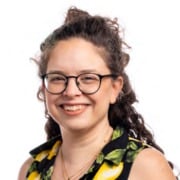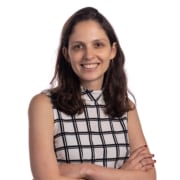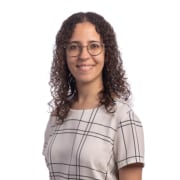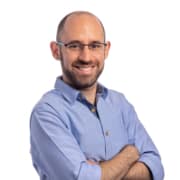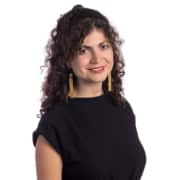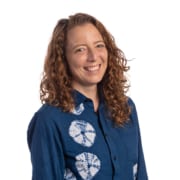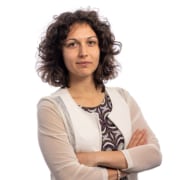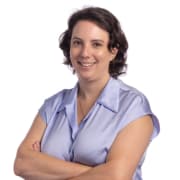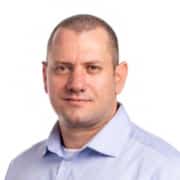Dr. Shlomit Bechar is a new faculty member in the School of Archaeology and Maritime Cultures at the University of Haifa. Shlomit is an archaeologist who specializes in the study of material culture in general and the analysis of ceramic assemblages in particular. She has been excavating at the UNESCO World Heritage site of Tel Hazor since 2007, which she also co-directed (2016–2021). Starting in 2023, she will lead a new research project in the lower city of Hazor.
Shlomit’s research focuses on questions of social differentiation, cultural interconnections, and economic changes and challenges, and on identifying methods of resilience to climate change.
She explores these research questions through a network of local and international collaborations using new scientific methods. As an archaeologist, her goal is to integrate these issues within broader historical research questions. During her Azrieli fellowship, she will investigate how human utilization of wetlands contributed to the rise of urbanization, using environmental- archaeological methods of analysis, such as analysis of geological cores, stable isotopes, flora and fauna, petrography, and architecture and ceramics. This will be done with a multidisciplinary team of scholars from Israel and abroad.
